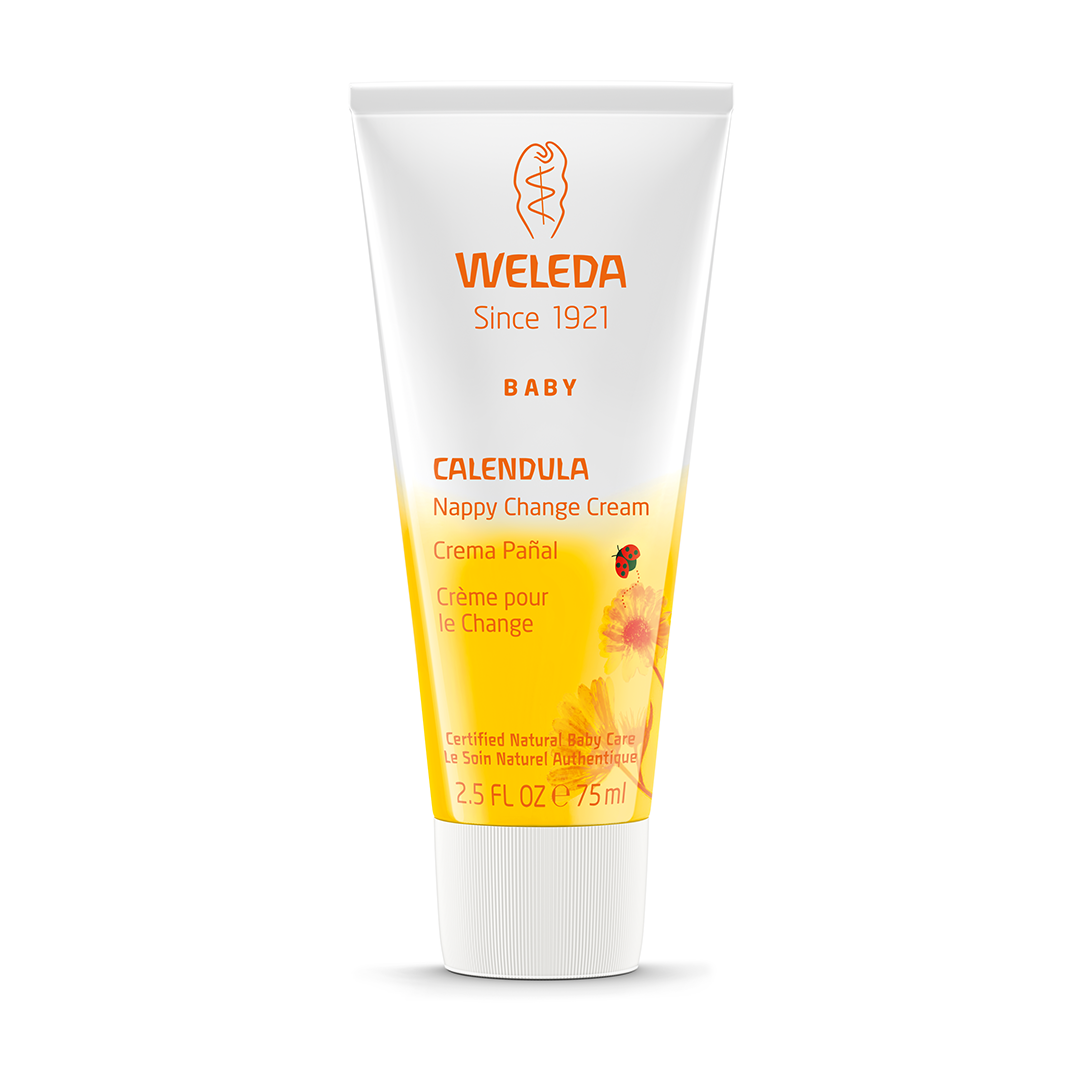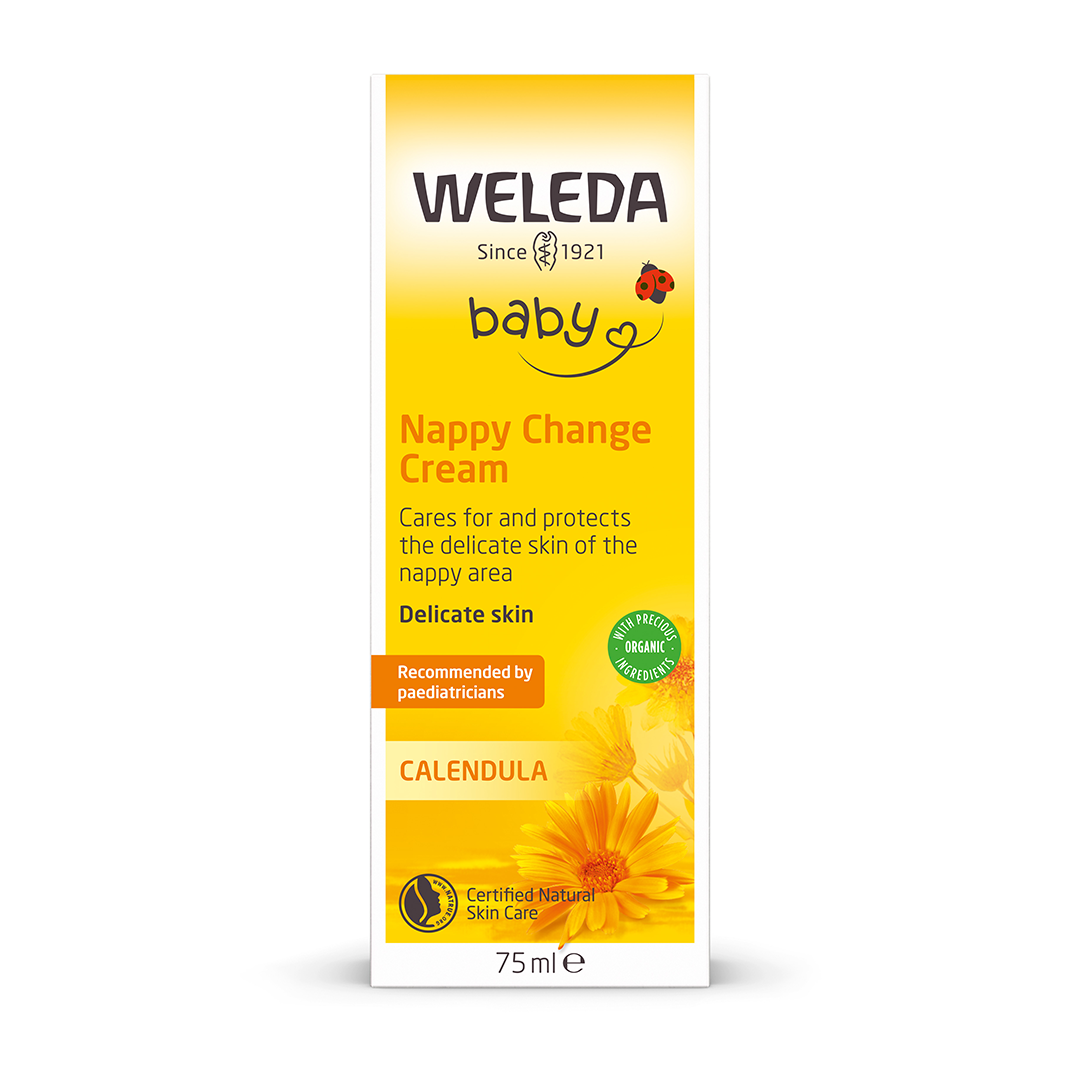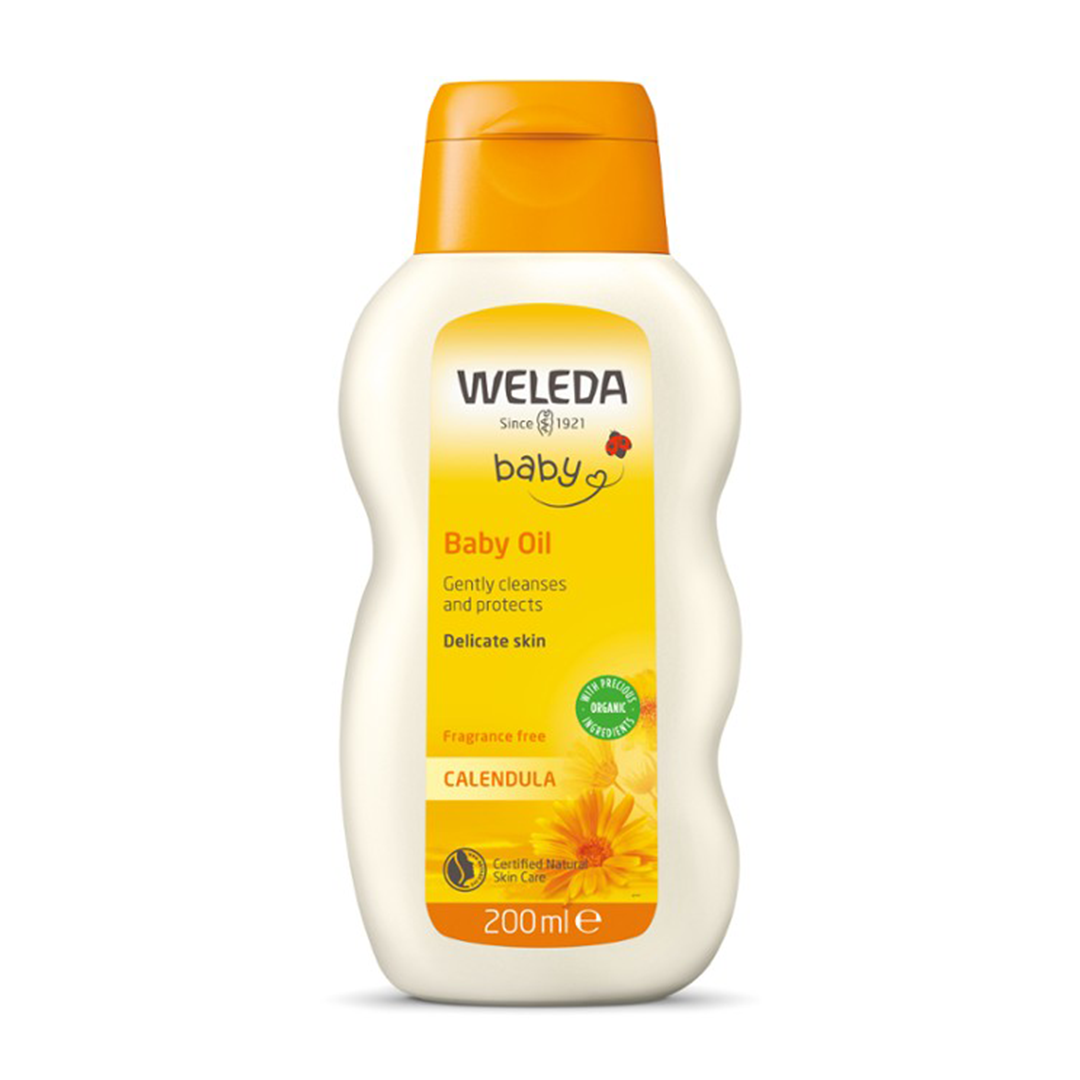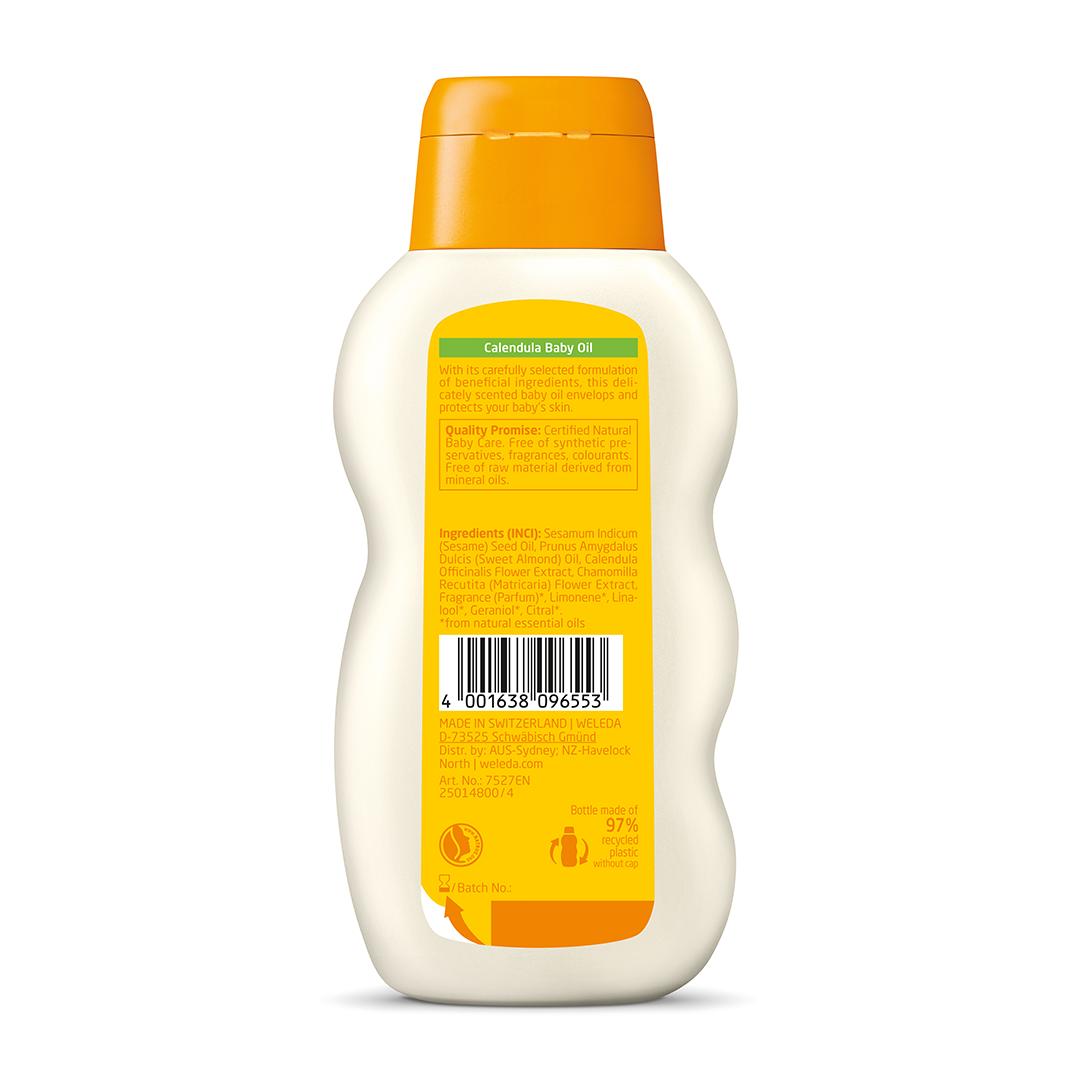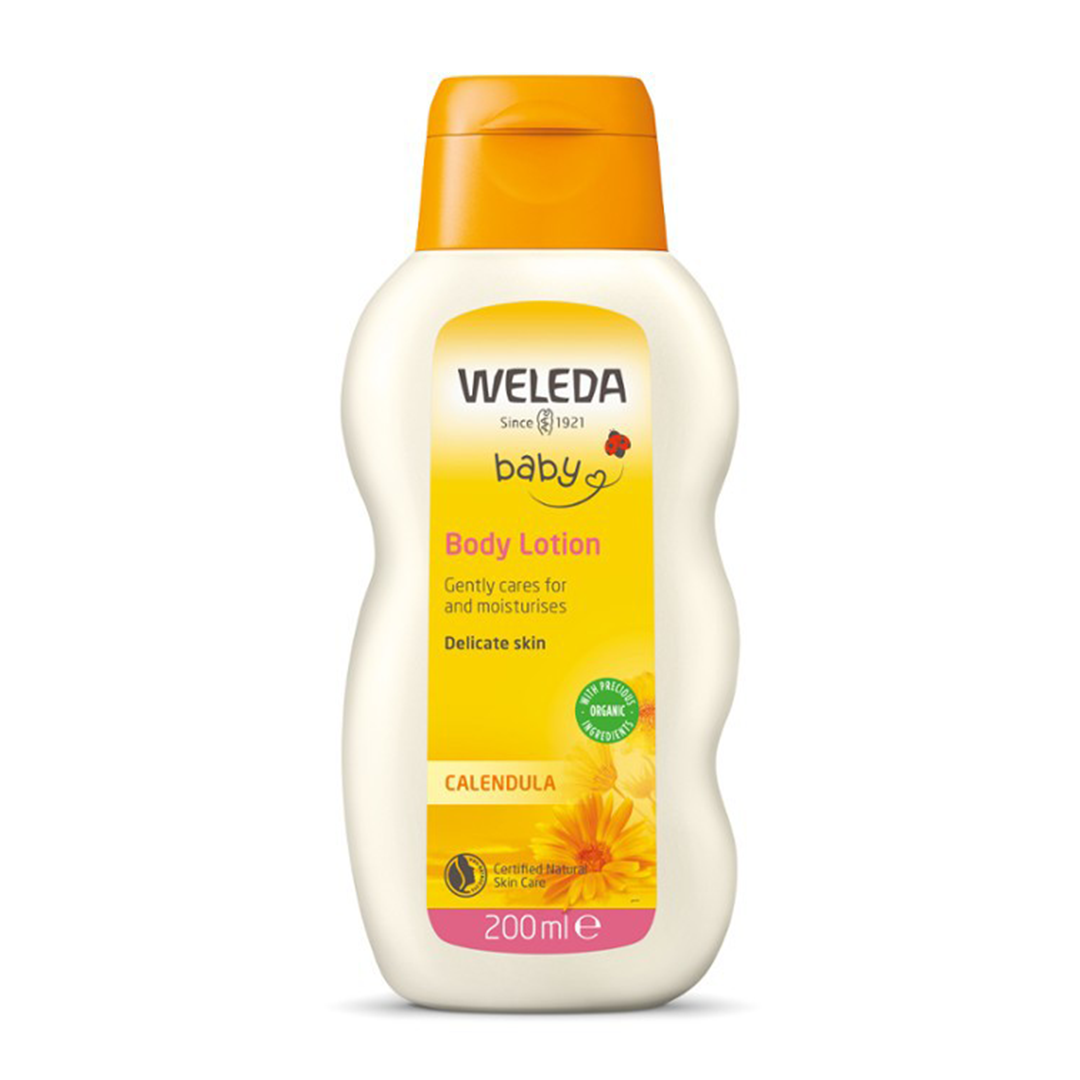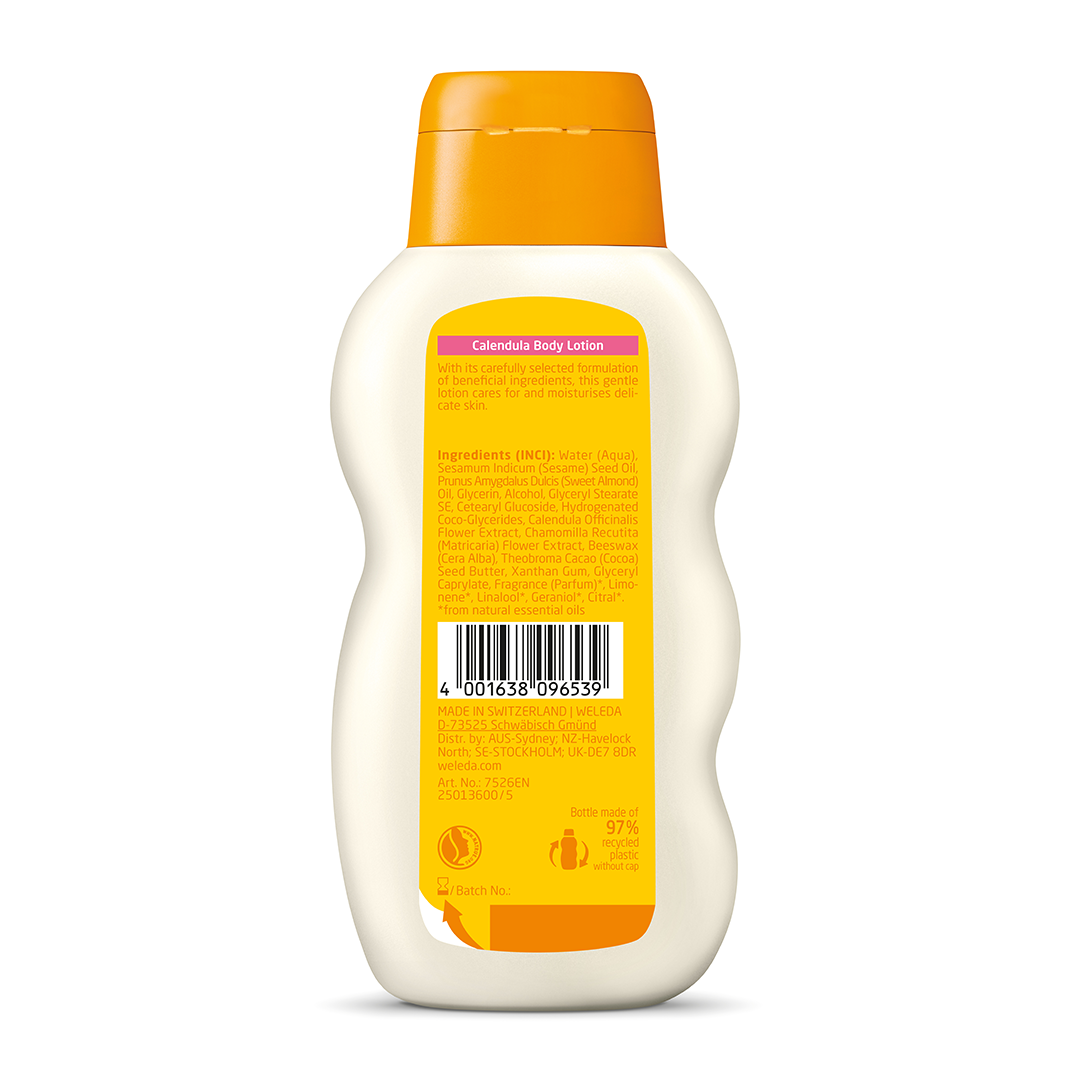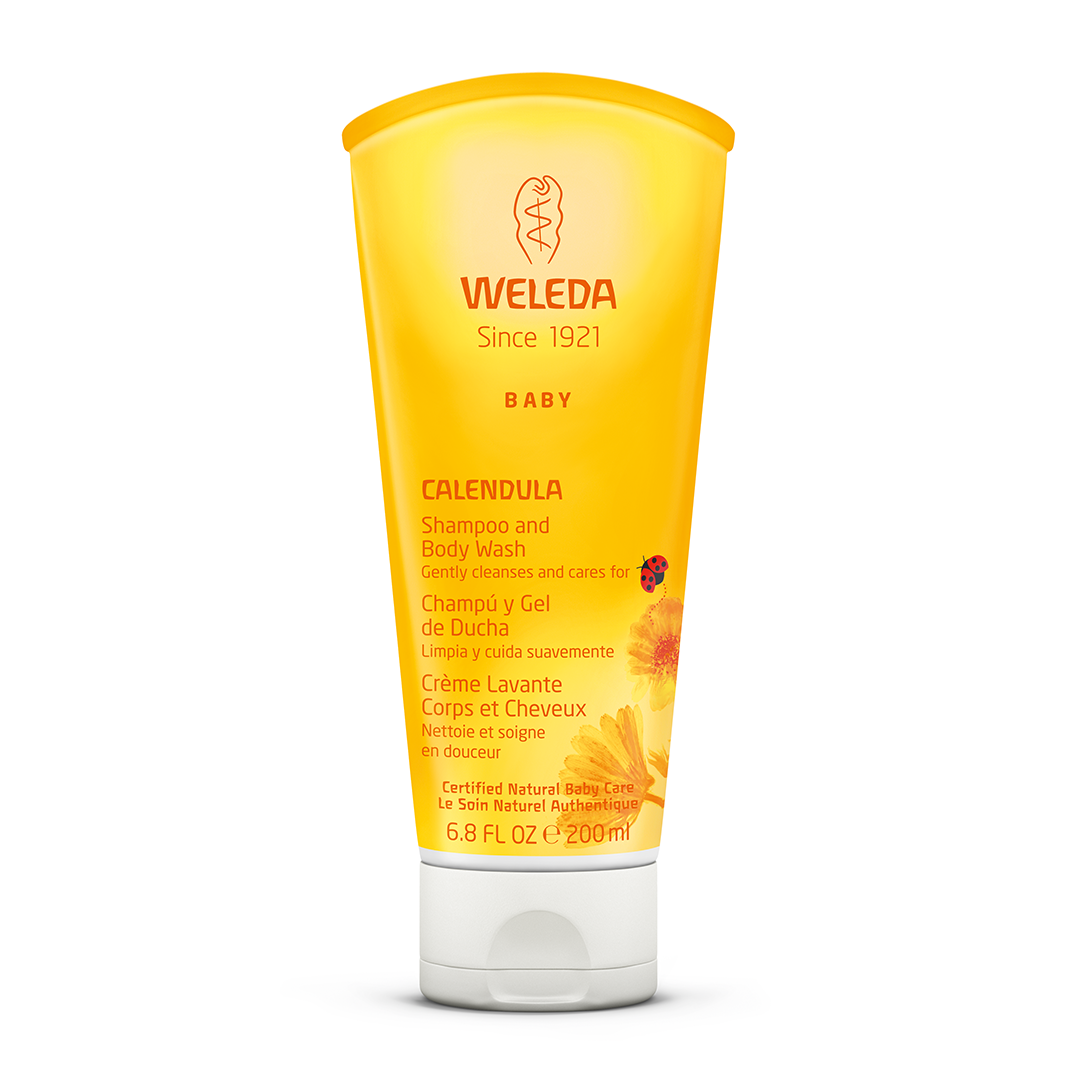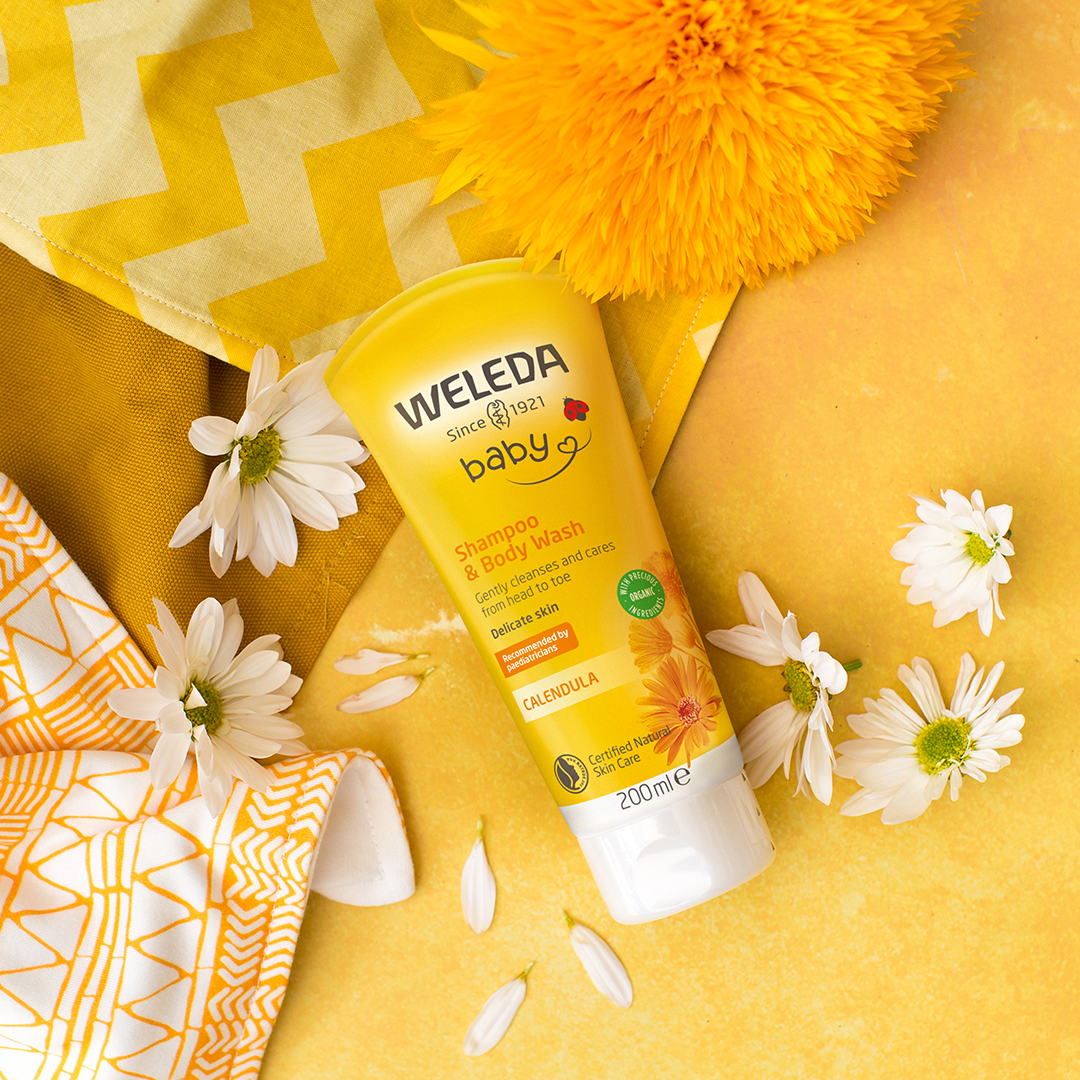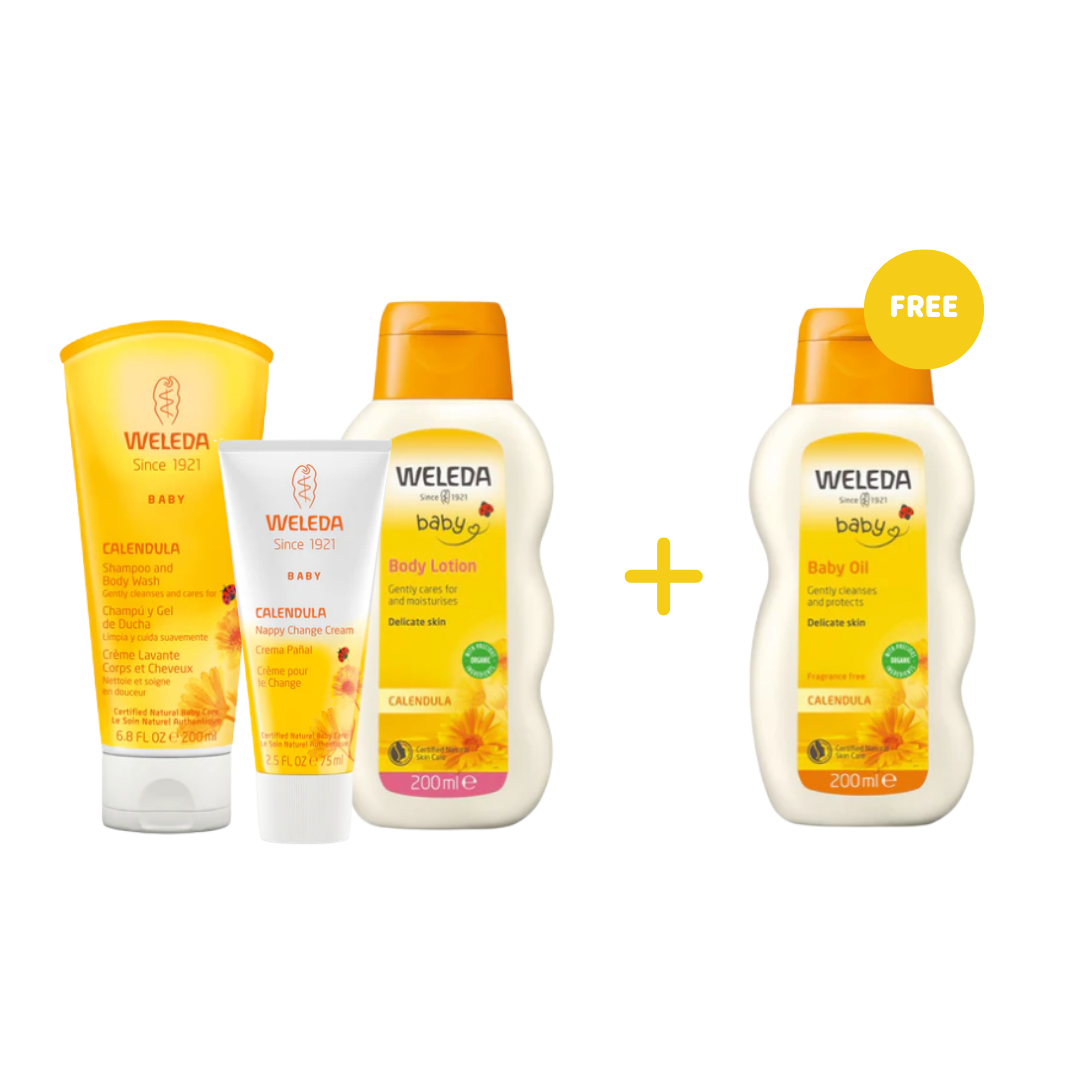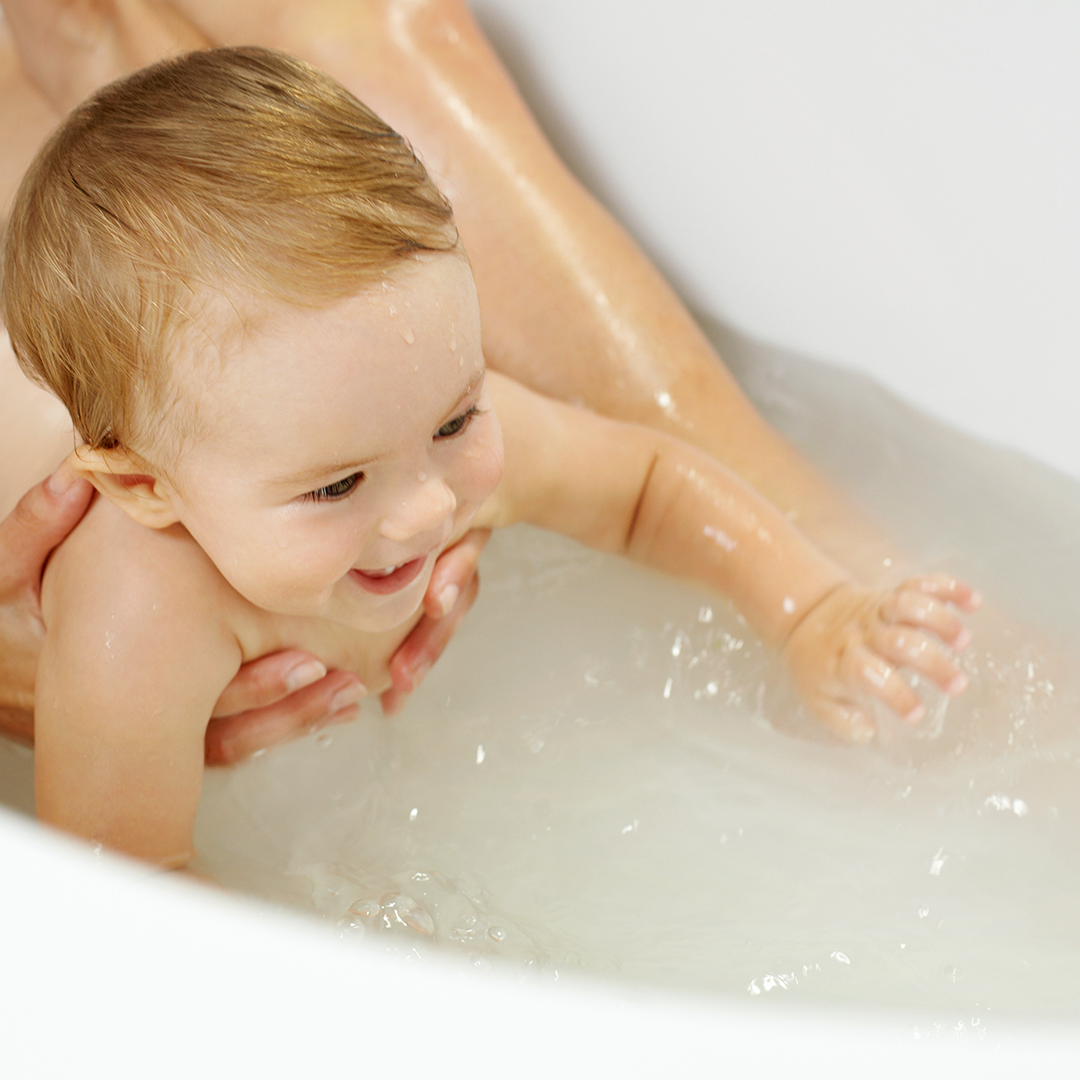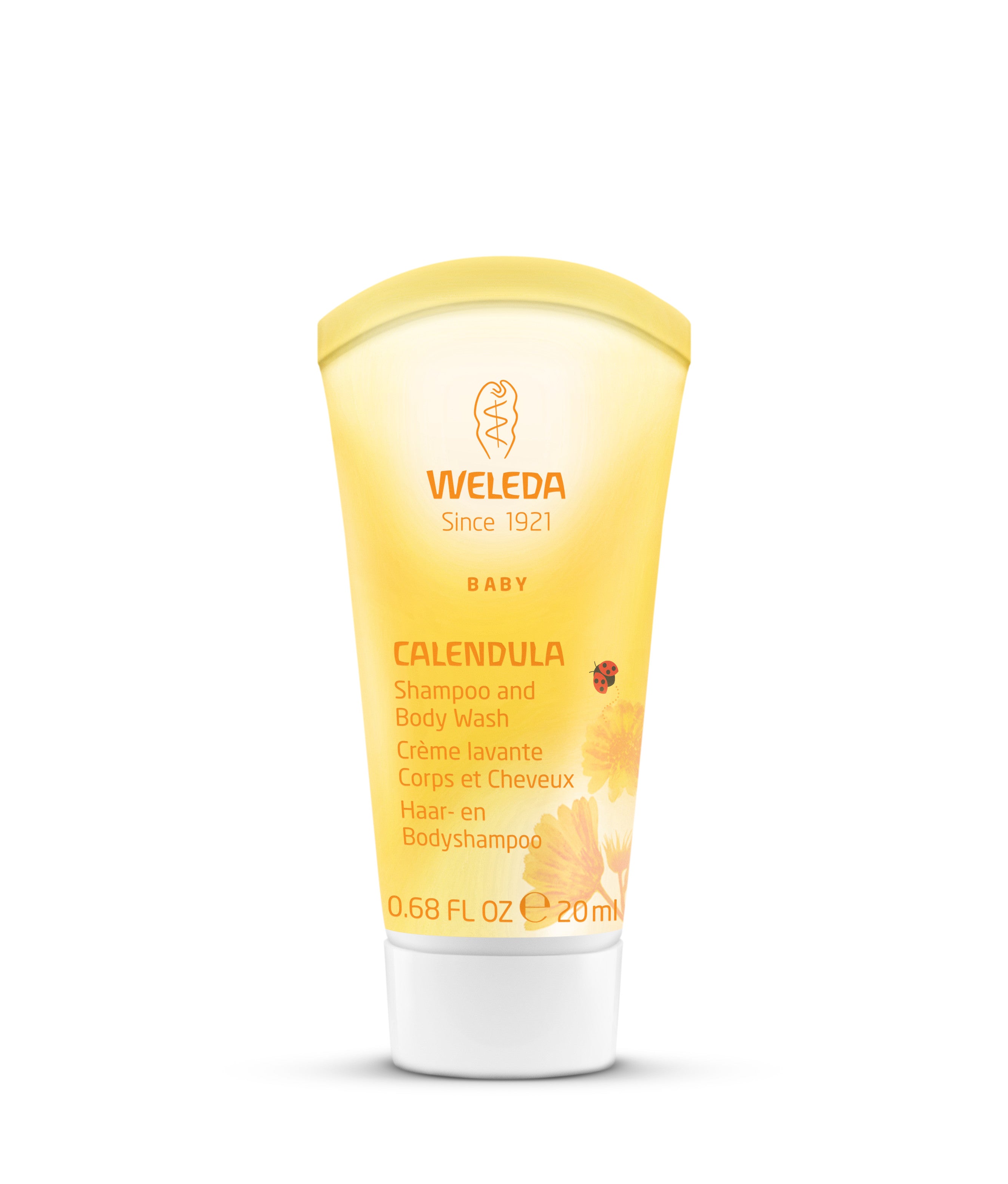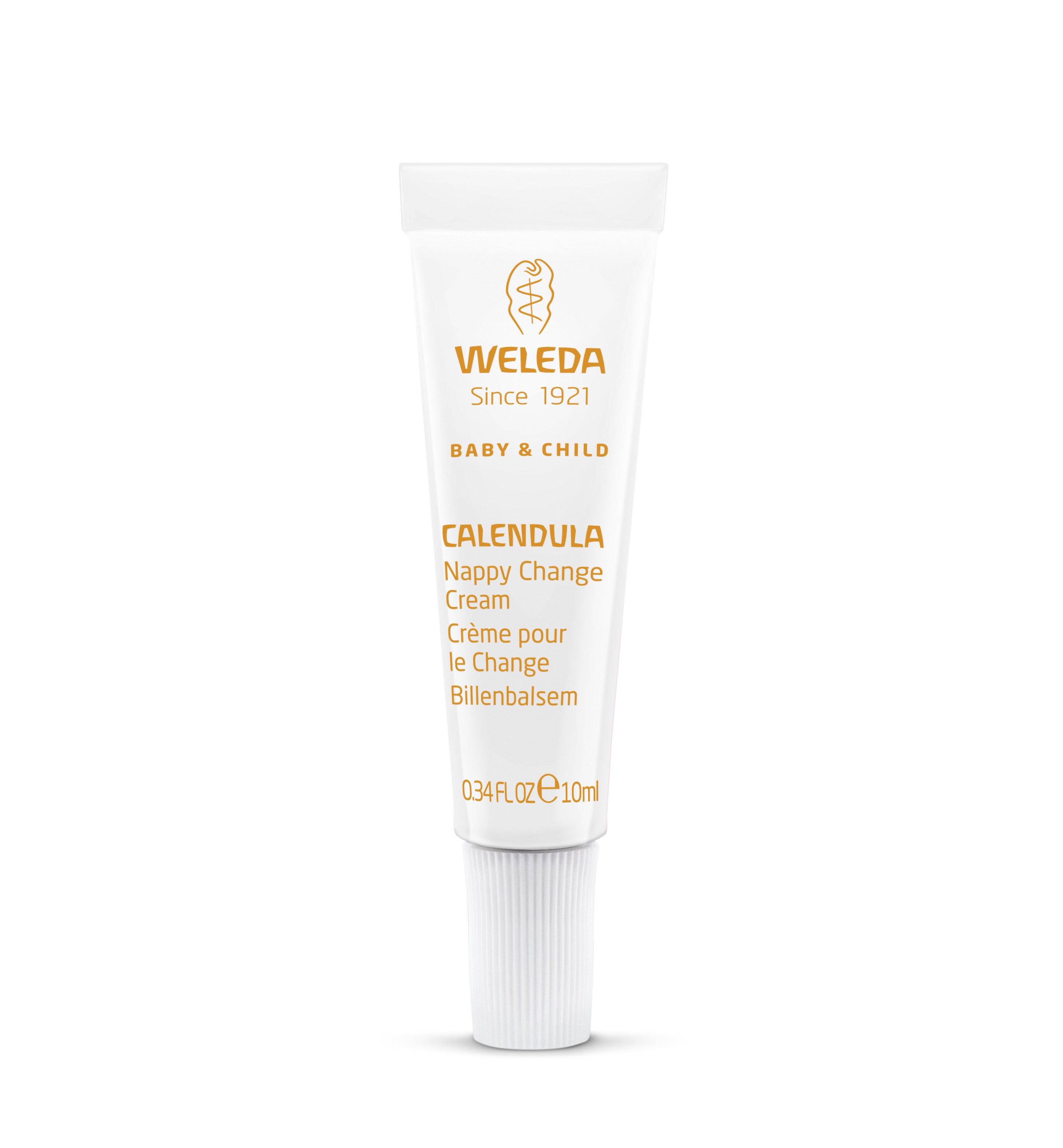Breastfeeding is a crucial chapter in the lives of many families, and one you may be about to start yourself. It’s a truly special time when a mother and baby are together laying the foundations of their relationship.
But it isn’t always plain sailing! Today’s new mums are caught between a shiny, social media perspective on breastfeeding on one hand, and overblown tabloid taboo on the other. We've enlisted midwife, mum and mother and baby consultant specialising in breastfeeding, Sharon Trotter, to share her clear and comprehensive expert tips to help you become a successful breastfeeder.Keep scrolling to discover our Breastfeeding Report which closely inspects the realities of breastfeeding in the UK, and find out more about World Breastfeeding Week.
Top tips for successful breastfeeding
Getting used to breastfeeding takes time. It is much easier if you have watched other mothers feeding and if you give yourself plenty of time to find the most comfortable position for you and your baby. Lack of support, conflicting advice, poor information and negative attitudes from others are all too common. To succeed, you will need plenty of support and encouragement and lots of practical tips.- Get your partner involved as their support is vital to your success.
- Surround yourself with positive support from friends and family.
- Go to a breastfeeding workshop in your area.
- Get help with positioning and attachment from the start – this does not mean ‘hands on’ manipulation of mother and baby, just one-to-one explanation and reassurance.

- Be inventive – there are 360° of attachment so finding the perfect position for you and your baby may take a while and a certain amount of trial and error. You will know when you have achieved this because feeding will be comfortable.
- Breastfeeding should not hurt – if you are in pain get help from someone who really understands breastfeeding. To have a friend or a breastfeeding counsellor who is experienced in breastfeeding would be a great help at this time. Peer support groups (search online for one in your area) can be really helpful.
- If your nipples do become sore:
- correct your positioning and attachment to prevent any further damage
- rule out tongue-tie as this could be the cause
- once baby is well-attached the nipples should heal naturally, but seek help if the soreness persists and try a natural nipple cream to protect against cracking such as Weleda’s Nipple Balm.


